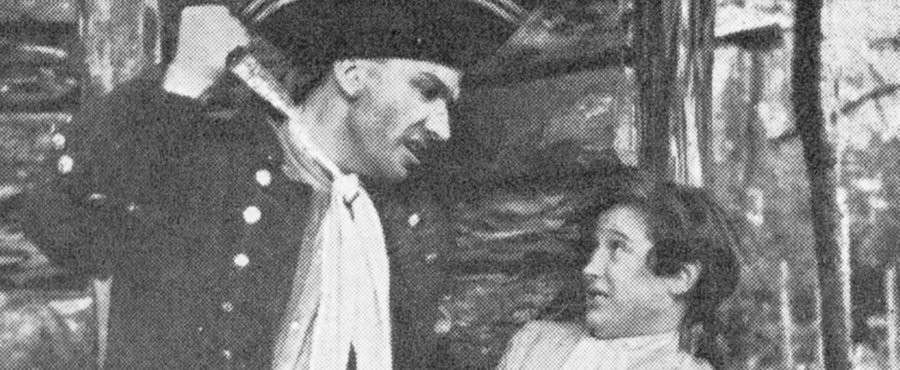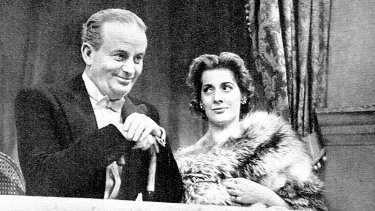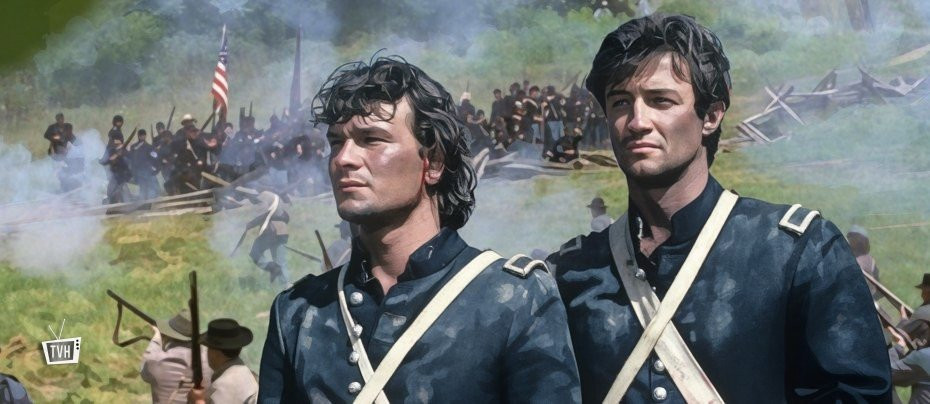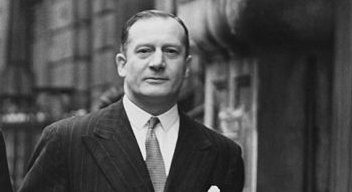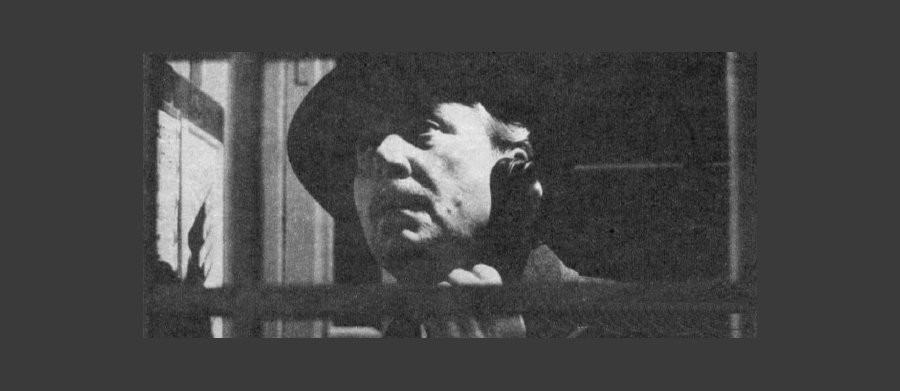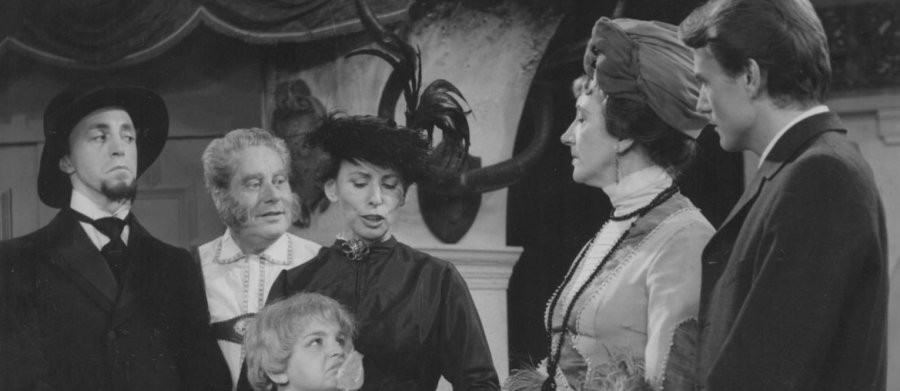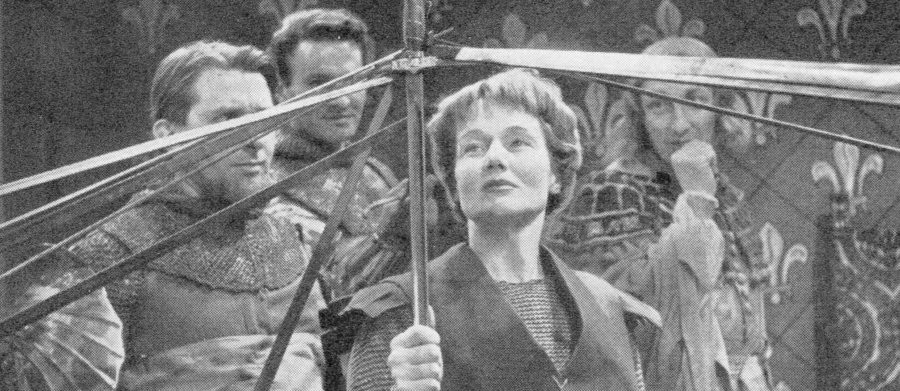
Saint Joan
1951 - United KingdomSaint Joan, a play by George Bernard Shaw about 15th-century French military figure Joan of Arc, premiered in 1923, three years after her canonization by the Roman Catholic Church. The play reflects Shaw's belief that the people involved in Jeanne d'Arc’s trial acted according to what they thought was right. He wrote in his preface to the play: “There are no villains in the piece. Crime, like disease, is not interesting: it is something to be done away with by general consent, and that is all about it. It is what men do at their best, with good intentions, and what normal men and women find that they must and will do in spite of their intentions, that really concern us.” Shaw also maintained that his play is tragedy, not melodrama; “There are no villains in Saint Joan, only characters caught in their historical period.”
Shaw characterised “Saint Joan” as "A Chronicle Play in 6 Scenes and an Epilogue ". Joan, a simple peasant girl, claims to experience visions of Saint Margaret, Saint Catherine, and the archangel Michael, which she says were sent by God to guide her conduct.
"The most notable Warrior Saint in the Christian calendar, and queerest fish among the eccentric worthies of the Middle Ages."
One historian at the time of the play’s release reacted to it by arguing that it was highly inaccurate, especially in its depiction of medieval society. Shaw’s response was that the characterization of Joan by most writers is "romanticized" to make her accusers come off as completely unscrupulous and villainous.
T. S. Eliot, discussing the play after its premiere in London in 1924, wrote that he took issue with Shaw’s portrayal of the heroine: "His Joan of Arc is perhaps the greatest sacrilege of all Joans: For instead of the saint or the strumpet of the legends to which he objects, he has turned her into a great middle-class reformer, and her place is a little higher than Mrs. Pankhurst."
The play received its première in America on 28 December 1923 at the Garrick Theatre, Broadway. The London première, which opened on 26 March 1924 at the New Theatre, was produced by Lewis Casson and starred Shaw's friend Sybil Thorndike, the actress for whom he had written the part.
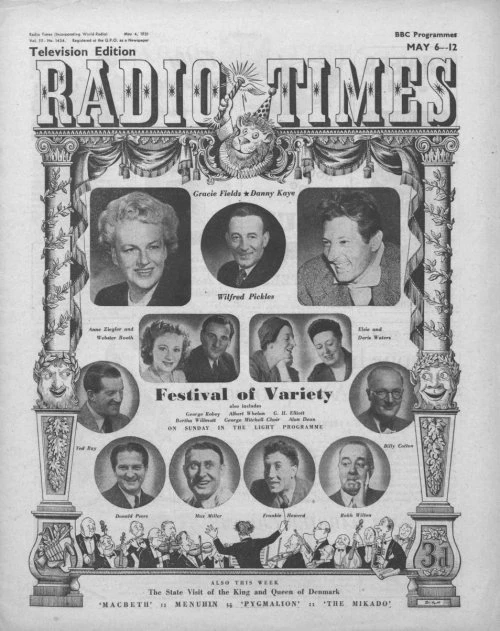
In 1951, the BBC, as part of its Festival of Britain celebrations, presented the play in a mammoth 3-hour broadcast. Produced by Val Gielgud & Kevin Sheldon (there was no such thing as a directors role on television at this time and the producer was expected to be in charge of all aspects of the production from start to finish), it starred Constance Cummings as Joan. Coming from a musical family - her mother was a concert soprano – American born Cummings made her show business debut in 1926 and by 1928 had appeared in her first Broadway play. Her success in the theatre resulted in an invitation to Hollywood, where she went 1931. Although she played in more than 20 films, she was never comfortable in Hollywood nor satisfied with the parts she was getting, and in 1934 she left for England where she continued her stage and film career.
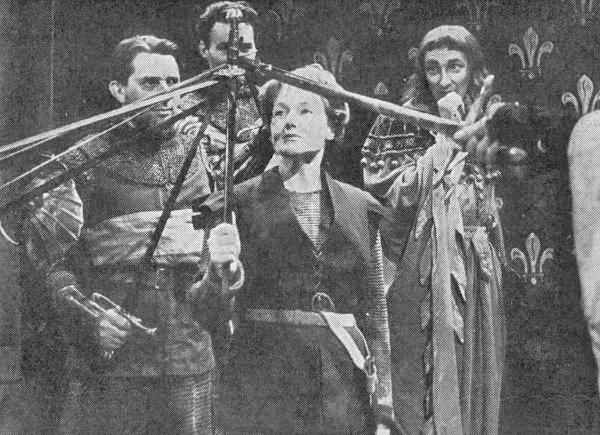
As was common for BBC television broadcasts of the 1950s, the play was not recorded, and broadcast live. Firstly, on Sunday 6 May 1951, 7.45pm - 10.45pm and again on Thursday 10 May 1951, 8.15 - 11.15pm. Because of this, it is impossible to critique the production by modern standards. Instead, and for the purpose of this review, we must rely on television critic Austin Welland, writing in Television Weekly published on 11 May 1951. Under the heading ‘Tour de Force’, Welland wrote:
“Last Sunday’s production of “St. Joan” must take pride of place as (the) Drama Department(s) major achievement so far this year. Though it was not without imperfections – mainly lapses of memory, understandable in a play of this length – my eyes rarely wandered from the screen. At the end I was left with the feeling of having enjoyed a unique experience.
A large share of credit must go to two producers for their courage in tackling such a formidable enterprise; for assembling such a talented cast and employing them with telling effect; and for their imaginative use of their cameras whenever the opportunity offered, without detracting from the full force of the author’s inspired lines.

It was inevitable that the spotlight should focus on Constance Cummings in the name of the part. From the start she never faltered in presenting a clear-cut picture of the simple maid, delivering her tragic lines in the final scenes with a poignant effect which will be long remembered. Though her lighter ripostes occasionally betrayed her American origins, this was quickly forgotten in the cut and thrust of the forceful dialogue.
From the large supporting cast, whose teamwork was notable throughout, it seems unfair to single out individuals, but it appeared to me that James Carney as Dunois surpassed even his performance of “The Scarlet Pimpernel,”* speaking his lines with an intelligence and sincerity that could not fail to strike home.
Eugene Leahy, as the Bishop of Beauvais, and Alan Wheatley, as Warwick, sustained the interest admirably throughout a long scene which could have been boring but for their highly polished acting.
Another sensitive performance came from Martin Starkie, as the priest who tried to save Joan.
Though he was handicapped by a costume reminiscent of a woebegone pantomime dame in his opening scene, Heron Carvic made a promising debut as the vacillating Dauphin. I think we shall be seeing more of him at the television studios.
“St Joan” should be followed by more of Shaw’s better plays. They would make ideal Sunday viewing.”
(*James Carney appeared as Sir Percy Blakeney in a BBC production of “The Scarlet Pimpernel” which was broadcast in January of that year).
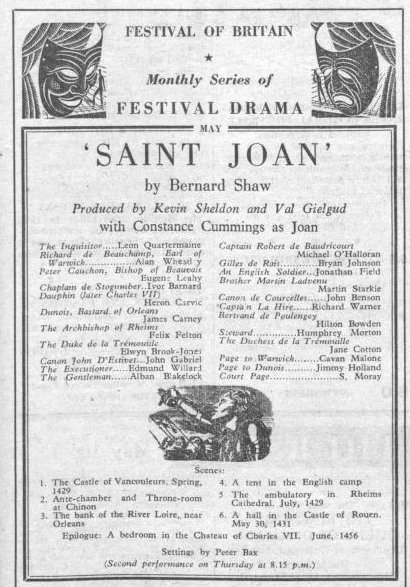
Not everyone was of the same opinion. Kenneth Baily, television critic for ‘The People’ newspaper and editor of numerous issues of the “Television Annual”, would later argue that “many stage plays, especially those which have been West End successes, are not suited for the requirements either of TV production or of TV viewing.” Baily would go on to state that in his view, “the more people get used to television, the more they will resent giving up an hour and a half -or more- to one screen story.” In his opinion, the ideal viewing time for a play was 60 minutes and he further stated that making plays of feature length, however skilfully produced, would be seen by future generations as “an oddity of television’s primitive beginnings.”
Seen this show? How do you rate it?
Seen this show? How do you rate it?
Published on November 19th, 2020. Marc Saul.


